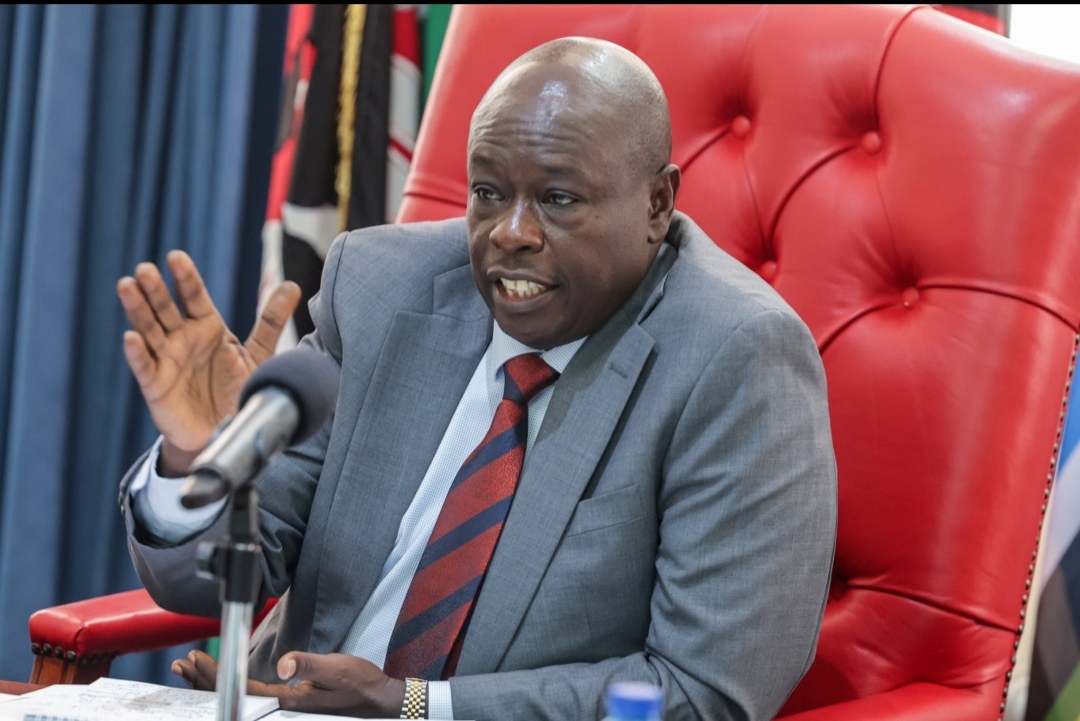Wisdom : Good judgment

Wisdom was believed by the ancient Greeks to be the virtue that directs all others as it allows us to understand how best to live out all other virtues. By definition, wisdom is the ability to think and act using knowledge, experience, understanding, common sense, and insight, with good intentions. Wisdom is good judgment. It permits us to know when, where and how to act, and how to balance different virtues whenever they are at odds.
Wisdom helps us to see and understand what is truly important in life, and have our priorities in place. An even more valuable aspect of wisdom is its practicability, which is widely explored by Aristotle in his works, the Nicomachean Ethics. Practical wisdom is the knowledge of how to apply information correctly – the ability to do the right thing, at the right time, for the right reason.
Practical wisdom demands that we not only apply virtue, abstract thinking or what we think is right but consider other factors like context, knowledge and past experience. For instance, a teacher trying to decide the best way to reach her students or a policeman deciding whether or not to arrest a homeless man who stole a loaf of bread. Practical wisdom enables us to decide the best course of action in our day-to-day circumstances.
Wisdom shouldn’t be considered a lofty ideal that cannot be attained by the average person. There are many different simple and practical ways in which wisdom can be attained. One simple way of gaining wisdom is trying new things. Get out of your comfort zone and talk to a new person, try a new social activity or visit a new place. This gives you the opportunity to learn, make mistakes and reflect on the experience.
Learning from others also enables us to expand our wisdom. It could be a teacher, pastor, family member or anyone in your life that strikes you as wise. Why do you consider this person wise and what can you learn from them? While considering this, it’s also important to know that we are all human and prone to error, thus, we can also learn from others’ mistakes.
There are numerous other sources of wisdom including reading widely in order to take in other people’s perspectives in different subjects, which enables you to gain the information you need to form valid opinions and also make reasoned decisions. When putting your wisdom into practice, think before acting, consider the context, act on your values and learn from your mistakes.
Reflections
Wisdom is knowing what to do next and how to do it, and virtue is doing it.
David Starr Jordan (1851), American ichthyologist, educator and writer
Wisdom is not a product of schooling but of the lifelong attempt to acquire it.
Albert Einstein (1879-1955), German born American physicist who developed the special and general theories of relativity. Also winner of the Nobel Prize for Physics in 1921
Live as if you were to die tomorrow. Learn as if you were to live forever.
Mahatma Gandhi (1869-1948), Indian philosopher, internationally esteemed for his doctrine of non-violent protest.
It is better to remain silent at the risk of being thought a fool, than to talk and remove all doubt of it.
Maurice Switzer, American author
By three methods we may learn wisdom: First, by reflection, which is noblest; second, by imitation, which is easiest; and third by experience, which is the bitterest.
Confucius (551–479 BC), Chinese teacher, editor, politician, and philosopher of the Spring and Autumn period of Chinese history
Never mistake knowledge for wisdom. One helps you make a living; the other helps you make a life.
Sandra Carey, American author
Your thoughts
To gain wisdom, we need to seek the One who created it and everything else – that is God. Like Solomon, the wisest man who ever lived, we need to recognise the invaluable nature of wisdom and pray that we not only gain it but also learn how to apply it in our everyday lives, even in the most mundane of situations. I don’t think one can ever have too much wisdom.
Godfrey Mambo, 33, Monitoring and Evaluation Specialist




